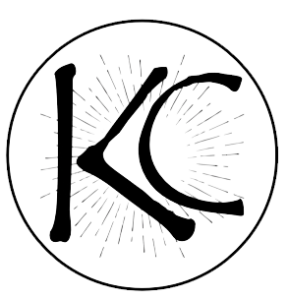What does this statement mean? Most things in life we have to learn about, how to bake a cake, drive a car, learn a language etc, so why do we not only not need to learn about the Self, in fact we have to unlearn all that we have supposedly learnt about the Self in the first place in order to know the Self!
Implied in the statement is that our usual method of learning about “things”, through the mind is not going to work or be appropriate to the learning about the Self and that a radical different approach is necessary. In fact, it’s worth pointing out that our usual way of learning is so automatic and deeply entrenched in us it will be quite a challenge not to fall back into it and use the wrong tool for the job with the inevitable frustrations that that leads to. We cannot get to this Self with the mind, this is really important to understand and yet the mind will insist over and over again to be involved. Even when we do come face to face with the Self (experientially), the mind will still jump in and demand, “what exactly is the Self”? The mind has become very skilful in learning about “things”, their relationship, creating concepts, theories, ideas, beliefs but totally inadequate about knowing that which knows (Self) about these things in the first place. This knowing is a totally different kind of knowing that we normally associate with learning through the mind. Not only will we never, ever know our true Self through the thinking mind, the thinking mind will lead us further and further away from our true Selves and ultimately block our access to it.
Why is this so? We need to go into this quite deeply in order not only to understand, but to avoid turning this statement into just another spiritual belief or a concept. What is wrong with a belief or concept you may ask; it generally works quite well for most things in the world? The answer being that this Self is not another “thing” in the world, it’s if you like what witnesses, is aware of things in the world and as such cannot be another thing in the world. A concept or belief is a bit like a map, it’s not the actual territory it’s only a representation, which until we actually experience the territory, we have to take on trust, but It will never be the actual territory. In the same way, concepts and belief around the Self are NOT the actual experience of the Self. It doesn’t matter how long you study the map (religion, philosophies, beliefs) it will never deliver the realisation of the Self.
So, check this out, ask yourself the question; who am I really?” ………..what comes up? Generally, what comes up is a complete blank, the mind cannot answer the question and we are from the minds point of view left in a complete void. At this point we generally either give up or read another book on spirituality in desperate pursuit of this illusive Self.
But perhaps we did get an answer but not in the form that we expected it! Perhaps this “void” that we were confronted with had within it the seed of the Self but that we just overlooked it. If that might be the case, then maybe we owe it to ourselves to spend some time in this so-called void, give ourselves permission to hang out in it despite the moaning from the mind. Could then this approach help get us closer to realising the true Self? Could this; “I don’t know actually”, be of enormous assistance to us rather than a hindrance? What a radical turn around! So as with coming into a darkened room from the sunny outside takes time for our eyes to adjust and see anything, so to when we enter this so-called void, we need to spend time being receptive to the subtleties that we might discover.
Thought is quite capable of realising its own limitations and therefore ultimately gives way to its source, stillness, being.


